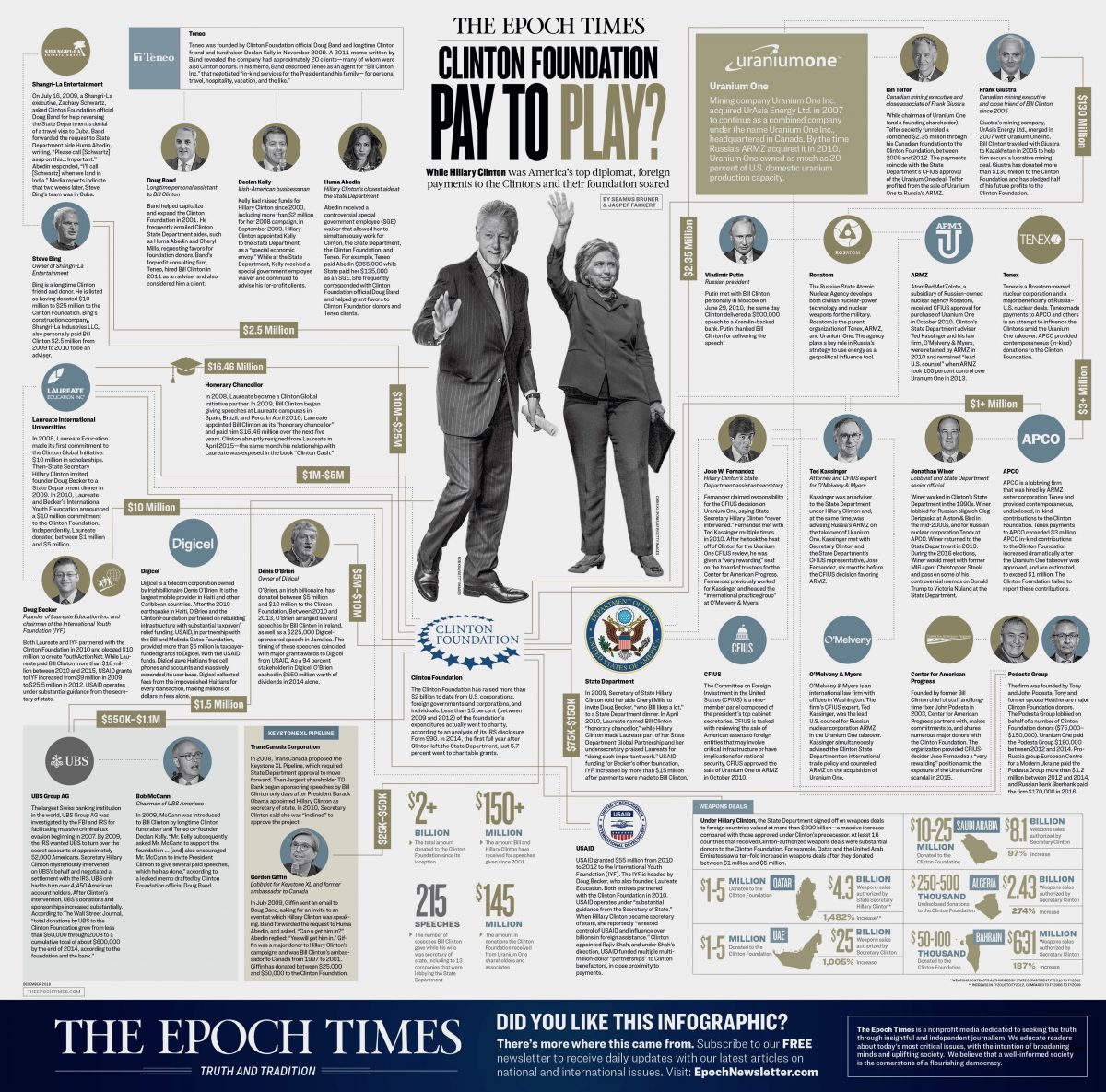deanrd
Gold Member
- May 8, 2017
- 29,411
- 3,635
- 290
- Banned
- #21
Fox news ya fukin dumb sh!t.Yeah ? Who "debunked" it ? You ?That's how you start off your thread?
A debunked conspiracy about Hillary?
Pitiful,
just pitiful.
Hilarious that Russians didn't want Hillary as president and helped get Trump elected.
But she supposedly worked with them?
How stupid are right wingers to believe such nonsense?







